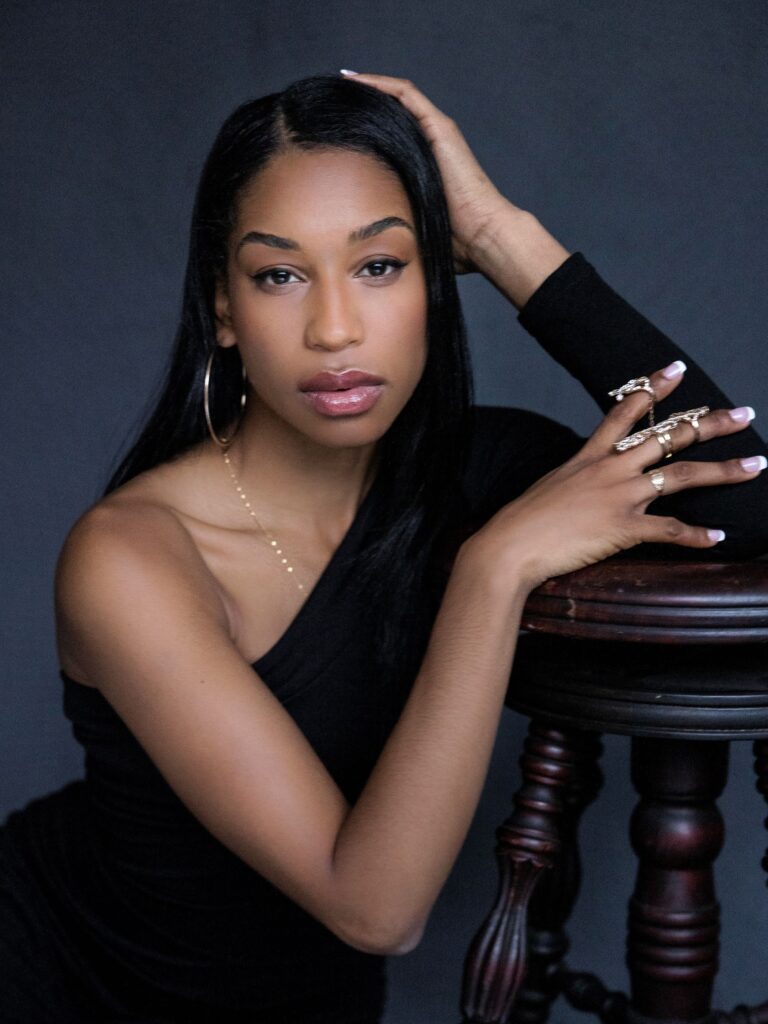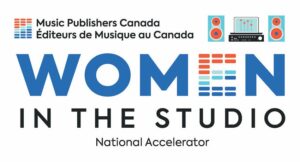
Aliah, congratulations on being selected for the Women In The Studio National Accelerator! How does it feel to be part of such a prestigious initiative, and what are your expectations for the program?
Thank you so much! It’s truly an honor to have been selected for this incredible program out of hundreds of talented producers across Canada. I have to say, although I was excited from the moment I got the news about being selected for this year’s cohort, the magnitude of this initiative really settled in when we were all flown out to Toronto. Whenever I introduced myself as one of the participants in the “Women in the Studio Program” to industry executives and professionals, I received the most sincere admiration and praise. They commended me for such a prestigious achievement, wished me success, and offered their expertise and services for future projects.
This initiative truly rolled out the red carpet for us, and I certainly felt celebrated as a female producer. Knowing that there are only 3% of female producers in the music industry, I’ve gained a substantial boost of confidence. I feel proud to be a part of a program that aims to increase that percentage and change history. As a result, I no longer hesitate to call myself a music producer in the industry; I absolutely embrace it! I’m expecting to be able to enter a new realm of opportunities in publishing, management, and recording deals, as well as some incredible collaborations with other local artists. I’m thrilled to be expanding my network in the industry especially with more females!

